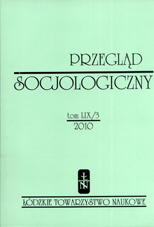
Keywords: Sociology of the body; Corporality; Social control; Childless by choice women
The article concerns on relationships between women corporality and social control of the body. Women are double controlled by cultural constructions of femininity. First they must be beauty, slim and shapely, second – they must procreate. The body constitutes a place of control, an area where discipline can be maintained.
More...Keywords: Immanuel Kant; The Sovereign-State; Cosmopolitanism; The International; Global Politics; Universality; Difference/Other
There are two very different approaches to Kant’s legal and politi¬cal philosophy in the recent Kant scholarship. According to the cosmopolitan perspective, Kant envisions a global moral-legal order based on the concept of autonomous moral and rational individual subject. The second approach as¬serts that Kant developes a political ontology defined by the modern conception of sovereignty which understands the sovereign state as a metaphysical and moral subject. This article, however, argues that we do not have to choose one of these interpretations and Kant’s political and international thougt include both cosmopolitanism and the concept of morally and rationally autonomous sovereign state. Indeed Kant’s original motivation is to justify the sovereign state as a moral and legal collective subject within a cosmopolitan ethical and political ontology. As critically interrogating Kant’s idea of global politics and the international, the article points out the promises, limits and problems of Kant’s thought in relation to the ethical-legal conditions of coexistence of mul¬tiple socio-political communities and diverse historico-cultural formations.
More...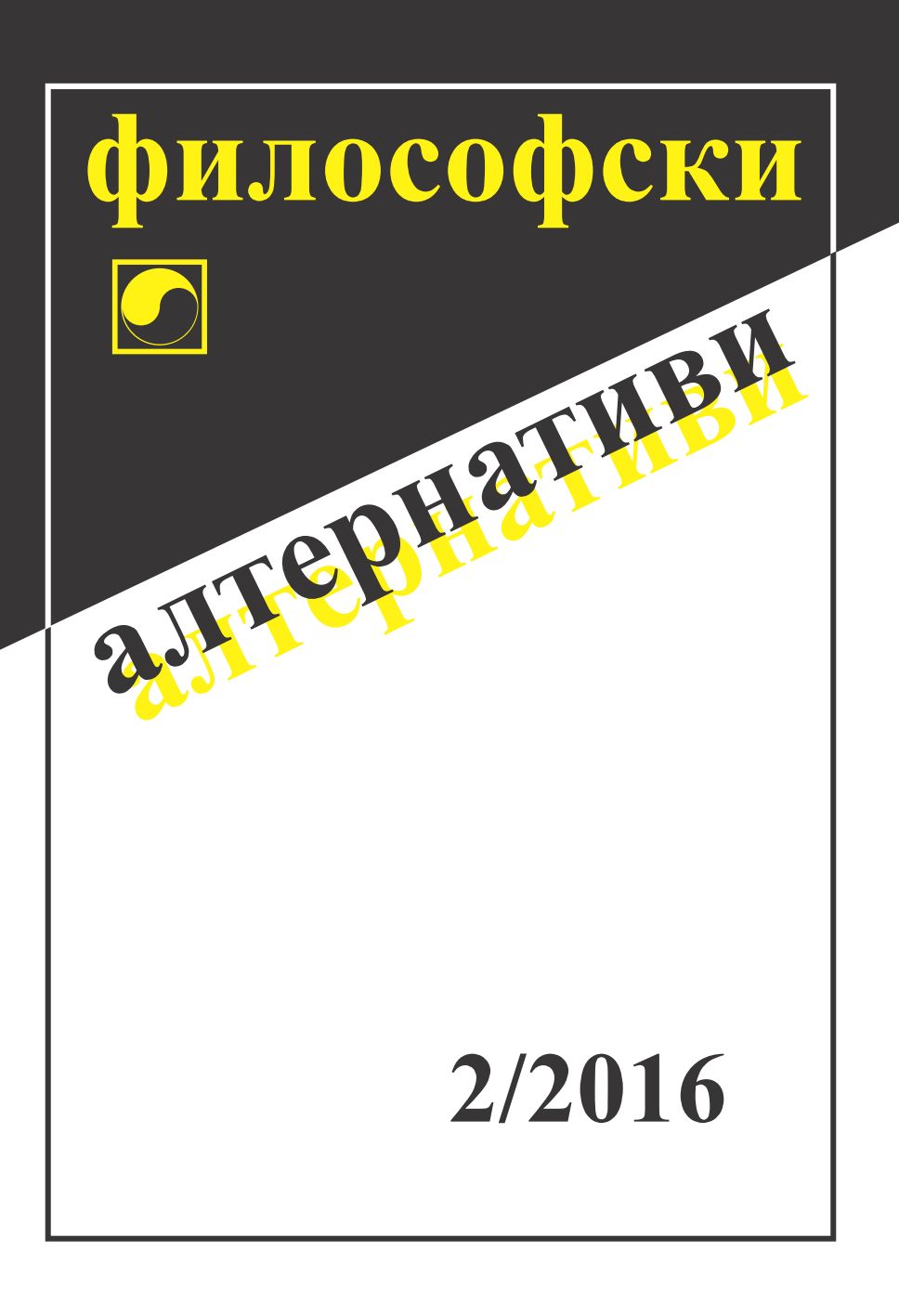
Keywords: rationality; cognitive rationality; value-normative rationality; cognitive values; objectivity;
Usually associated with the notion of scientific cognition is the notion of scientific rationality. But science is bivalent – it is a synthesis of cognitive and social components, factors, functions, results. It develops under the influence of broader cognitive and social contexts. It is natural that, within science, cognitive rationality is closely intertwined with specific forms of value-normative rationality. This significantly, and often decisively, affects the process of the production of scientific knowledge and its impact on society.
More...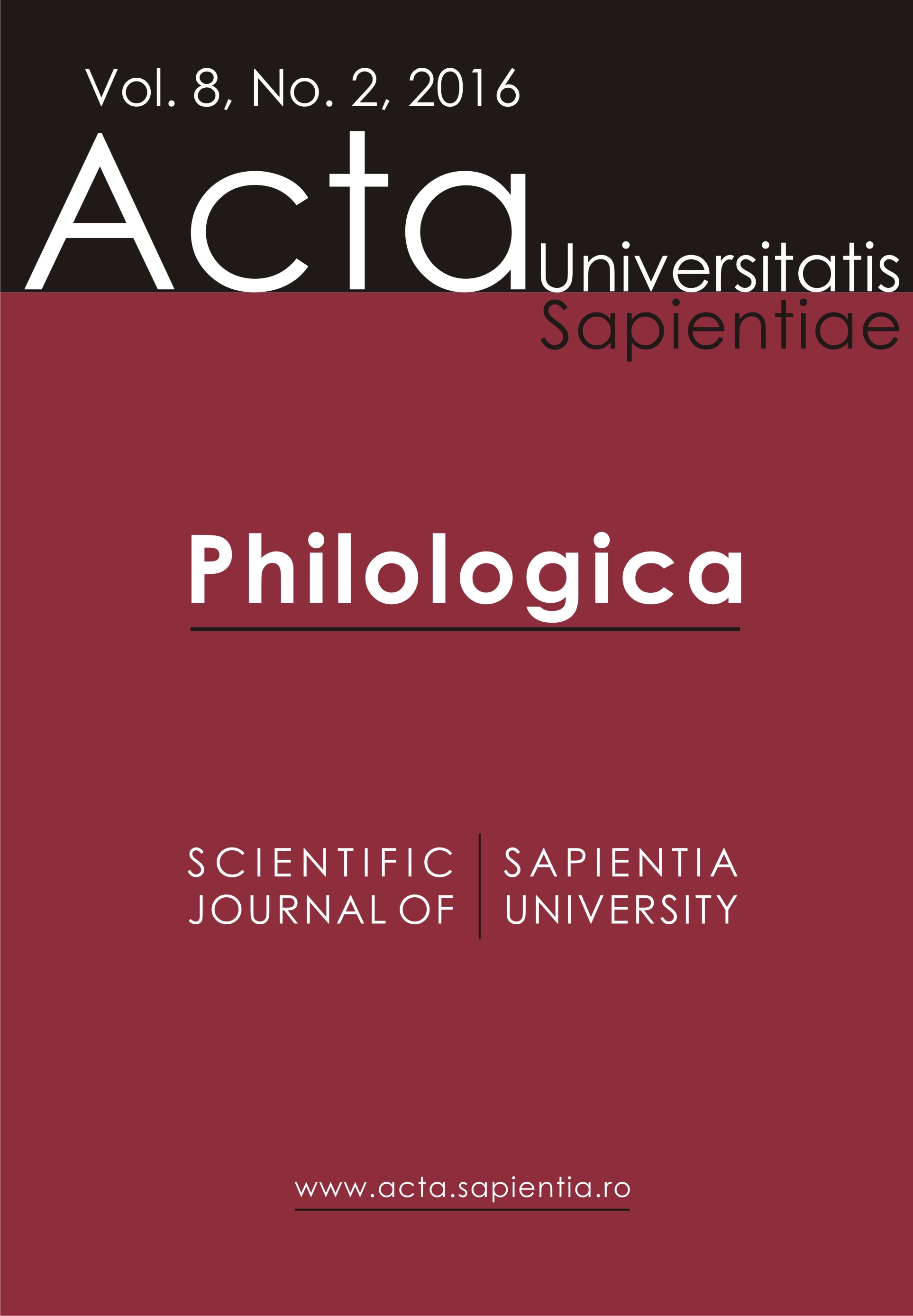
Keywords: translation of idioms; translator trainees; translation strategies; difficulties
Translating idioms has always been a challenging decision-making process for translators mainly because not all idioms have direct equivalents in the target language. Translators usually and ideally have a solid knowledge of the target language and its cultural aspects, but even so they cannot match the ability of a native speaker in deciding when – i.e. in what context and text type – an idiom would or would not be appropriate. This study aims to explore the main characteristics of idioms and the difficulties which might occur when translating them. A needs analysis will also be presented, where the various solutions which a group of translator trainees chose while translating certain idioms from the novel “A Game of Thrones” by George R. R. Martin into Hungarian are examined. Their strategies and the appropriateness of their choices are analysed and compared with the options of the experienced literary translator (Tamás Pétersz). We consider this an important endeavour because, based on our experience, we believe that the topic of the translation of idioms should be included into the curriculum and appropriate materials and tasks should be designed to develop the translator trainees’ knowledge and skills in this domain. Therefore, the aim of this analysis is to obtain a clearer view of the difficulties they are dealing with and bear them in mind when designing teaching materials for them.
More...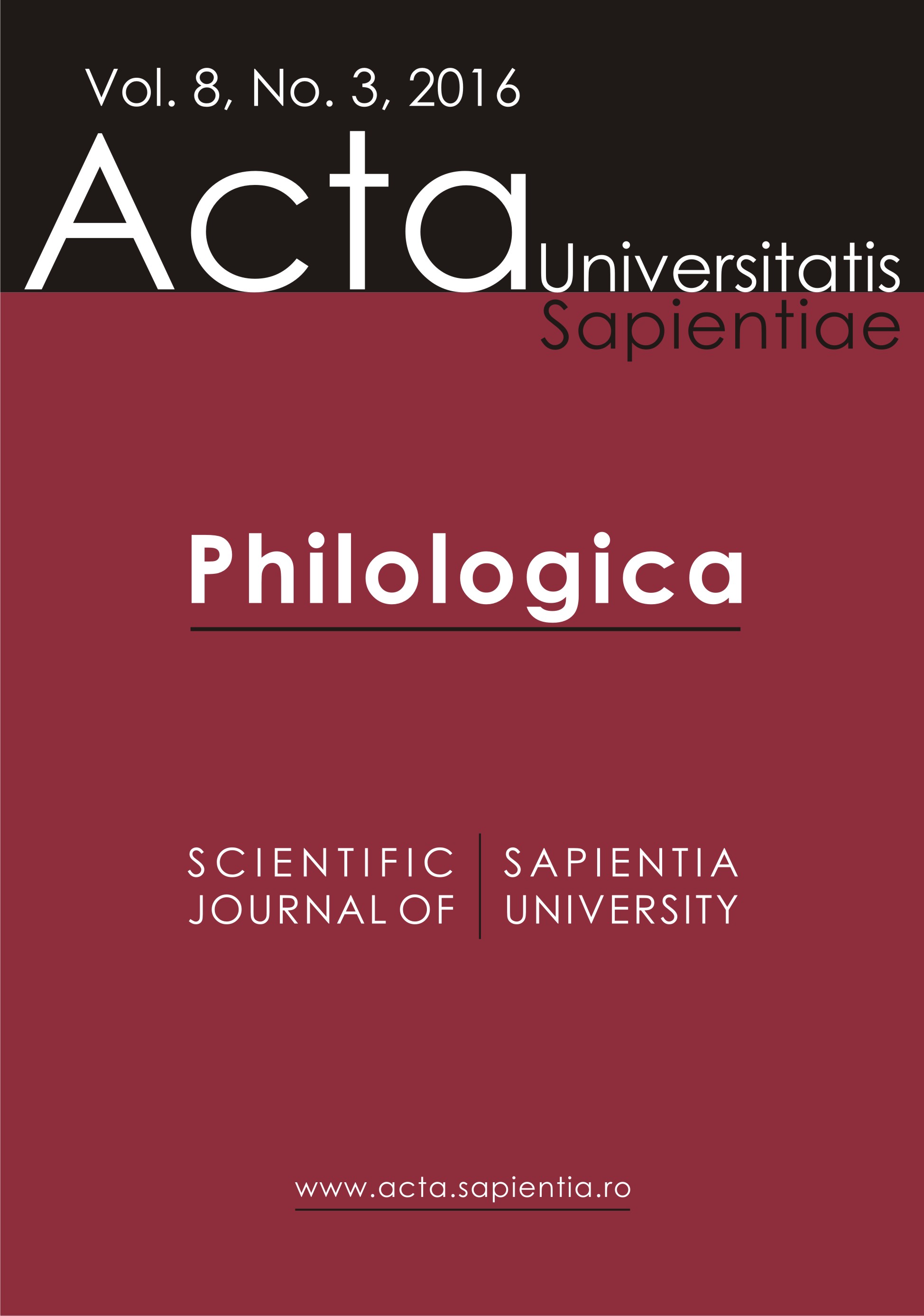
Keywords: translation of idioms; translator trainees; translation strategies; teaching material; task design
In translator training, the process of planning and implementing the teaching process and the design of teaching materials should be dynamic and flexible. With the future purpose to design teaching materials for idiom translation, this study proposes to explore those characteristics of idioms which might cause difficulties when translating them and some of the various classifications of idioms. Some of the relevant factors which might determine the appropriateness and acceptability of idiom translation and some of the translation strategies recommended in the specialized literature will also be presented. We proposed to analyse the idiom-translating solutions and strategies which the literary translator of the novel “A Game of Thrones” chose while translating it into Hungarian. Our aim is to decide whether the novel can be an appropriate source for authentic teaching material. We chose this novel mainly because it has recently become very popular among students, it is rich in idioms, and we believe that different aspects of idiom typology and different strategies used in idiom translation can be exemplified, demonstrated, and practised with the help of different tasks based on the original text and its Hungarian translation.
More...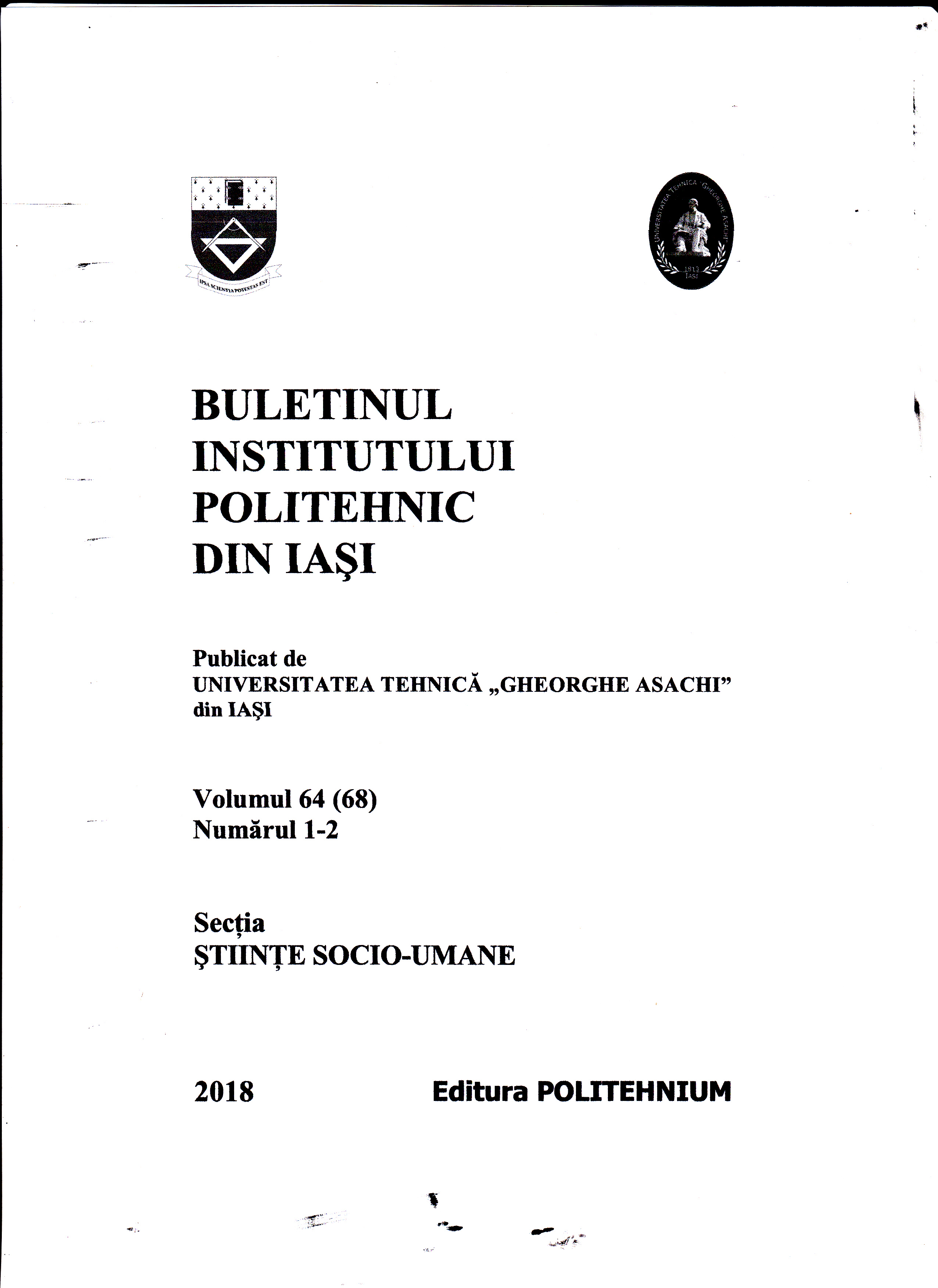
Keywords: academic programme descriptions; academic course descriptions; university websites; textual standards.
This paper focuses on the analysis of the translation of academic programme and course descriptions on university websites, from Romanian into English, in order to identify the most appropriate translation strategies to be used by professional translators, as well as the connection between them and the analysed text-type. The current research has considered the application of textual approaches to the translation of the mentioned texts, which should be controlled, in turn, by the seven standards of textuality. For the description of these theoretical notions text samples extracted from programme and course descriptions available on the Romanian university websites and their English versions have been used. The findings of the research show that translations of programme and course descriptions may achieve their communicative function provided that all the textual standards are met.
More...
Keywords: urban management; web technologies; websites; smart city; official urban digital space;
Official city websites are the basic source of information about the city. Web technologies are a resource for improving the activities of municipal authorities in the field of urban planning. This resource allows receiving and processing huge amounts of information, interacting with the city community and creating a more effective management system. Improvement of the management system in urban development activities increases the quality of life of citizens as well as investment attractiveness. The study is devoted to the development of a methodology for evaluating the websites of the authorities responsible for urban planning. The proposed method was tested when evaluating the current state of websites in the field of urban management based on the analysis of several dozen of major cities in Russia. According to the methodology the levels of effectiveness of the sites of the city planning authorities were determined. Recommendations for the improvement and development of web technologies as a resource in the field of urban planning were proposed in the paper.
More...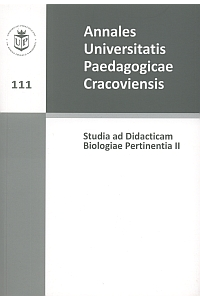
Students’ conceptions of animal classification are the subject of several investigations. In previous research the criteria of classification used by the students were generally neglected.In a constructivistic view of learning and teaching these investigations must be judged asfallacious The study presented here shows that students prefer to classify creatures along thecriteria of habitat and locomotion. They maintain using these criteria even after learning thecategories of biological taxonomy. The results point to the assumption that students have animplicit theory of natural kinship of animals.The „personal taxonomies” of the students investigated are expected to be important meansfor or hints of learning biological systematic and therefore should be seriously taken intoaccount in biology teaching, especially with regard to biological taxonomy, biodiversity andevolution.In accord with the results of the research, the outline of a teaching unit on the evolutionaryapproach to the classification of vertebrates is presented.
More...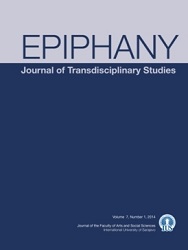
Keywords: Nathaniel Hawthorne; The Scarlet Letter; Bakhtin; Carnivalesque; Polyphony; Heteroglossia and Grotesque;
This study sets to examine the applicability of Bakhtin’s theory of the carnivalesque to Nathaniel Hawthorne’s The Scarlet Letter. The canonical novel of the American literature published in the middle of the nineteenth century portrays the genesis of the American Puritan culture, while the polyphonic nature of the novel, it is argued, exposes the rifts of and the grotesqueness of this culture.
More...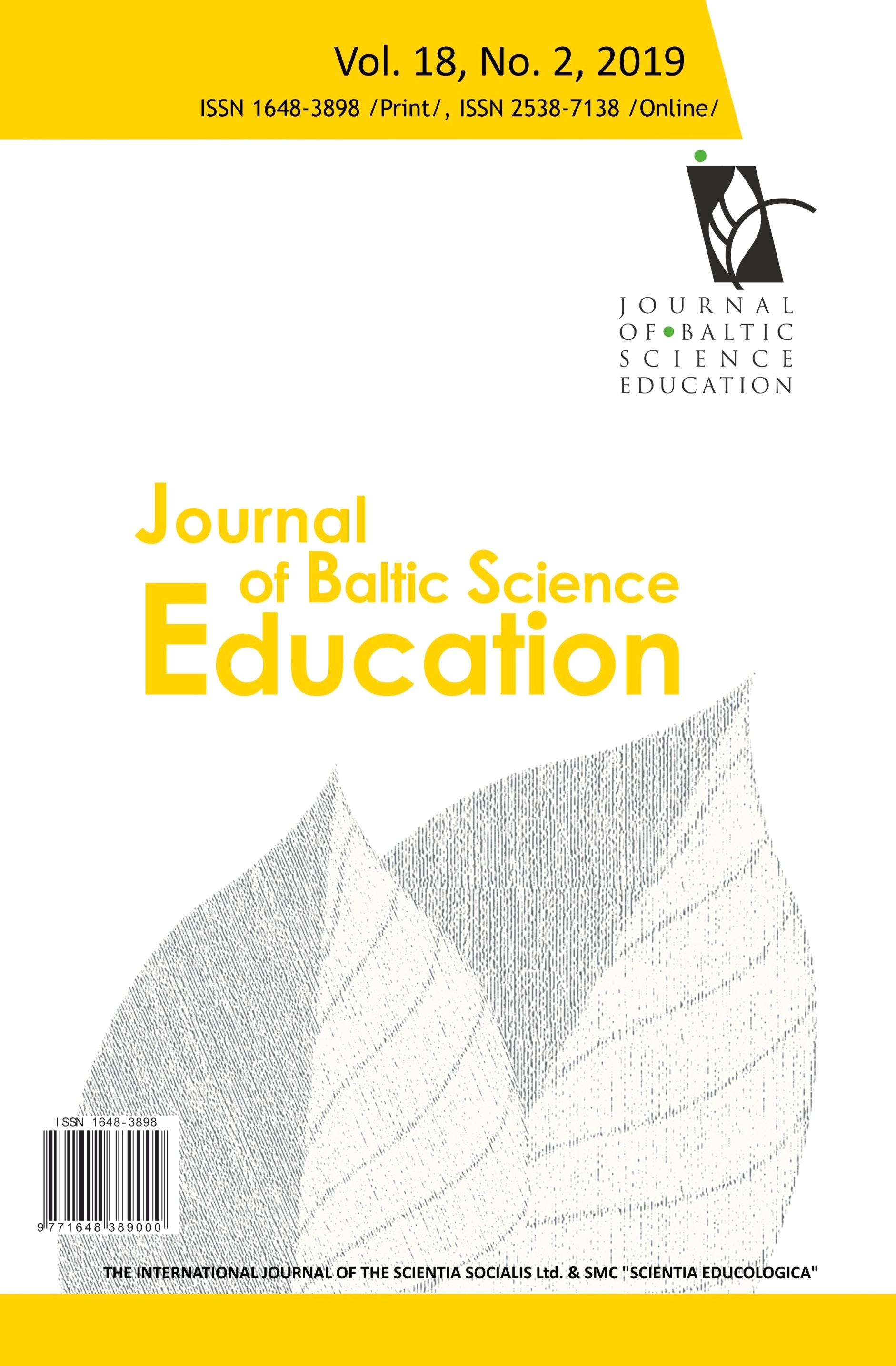
Keywords: primary school student; conceptions about owls; experiences with owls; student’s drawing; student’s written response;
The present research explores benefits of using young students’ drawings in combination with written responses for gathering information about science concepts. Younger students are still very limited in their verbal expression and less biologically literate than older students. The aim was to determine primary school students’ conceptions about owls, experiences with owls and their sources of information, and to then determine how beneficial it is to combine information gathered from drawings and written responses in comparison to previous research done with lower secondary school students. Altogether, 280 students attending fourth and fifth grades from schools in Slovenia participated in the research. Students knew well the specific features of owls. Drawings provided more clear information about body parts and proportions, while owls’ specific habitats, behaviours and diet were more thoroughly described in their written responses. Students without experiences with living owls represented owls less thoroughly. Comparison of frequencies of responses in main categories of conceptions about owls showed that using drawings and written responses is equally beneficial for younger and older students. Gathering primary school students’ conceptions about science concepts with both drawings and written responses enables better assessment of a student’s knowledge than using just drawings or written responses.
More...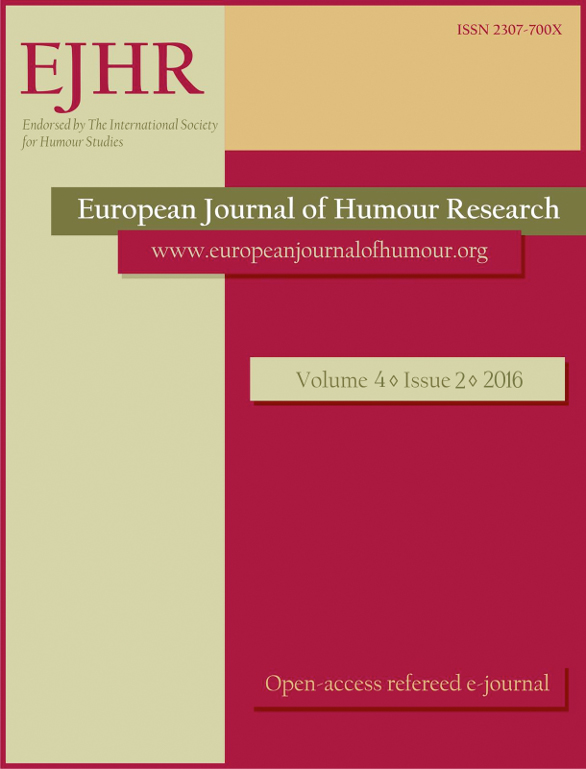
Keywords: humour; laughter; jokes; evolution; social norms; emotions;
A prominent humour theory suggests that most jokes will violate a subjective moral principle. This paper explores the ramifications of Thomas Veatch’s social violations theory of humour, and hypothesizes that jokes tend to produce four distinct humour emotions, in a sequential manner. The final emotional response to a humorous stimulus involves an aesthetic judgement about the inference of the joke. Humour could therefore be a cognitive-emotional mechanism used to appraise social norms while laughter serves to signal appreciation for the social inferences associated with the joke. It is further proposed that the cognitive-emotional structure of humour implies an evolutionarily adaptive function.
More...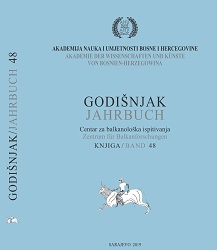
Keywords: early Middle Age; Religious traditions; pre-Christian beliefs; Old-Slavic sanctuaries; Mythology; Perun; Ljubuški; Herzegovina;
In the last few decades, various branches of science, especially philology with the analysis of ancient ritual texts, toponomastic research and comparative studies of oral tales in the folklore tradition of different populations, have significantly contributed to the new knowledge of ancient beliefs and gods worshiped throughout Europe, in the period before Christianity was completely established. I have discussed these issues on several occasions, by classifying such remains in Croatia, in the new finds or the monuments that were previously known, but were interpreted differently - both chronologically and iconographically. I relied on several interesting artefacts from Dalmatia: the bronze gilded cross-shaped shackles from the early medieval cemetery in Nin, the four-headed idol from Vaćan and the equestrian relief from Žrnovnica, and, for this occasion, an old find from the area of Ljubuški, now kept in the Museum of Humac. Namely, there is a rustic and almost schematically carved head on the fragment of one pillar, which can be said to be part of the idol of a Slavic deity, with great likelihood, given several artistic analogies. The text also draws attention to the iconographic features of the face, such as the prominent mustache and triangular beard, which have some other characterizations that can be assumed to represent precisely the pre-Christian deities - in our case Perun.
More...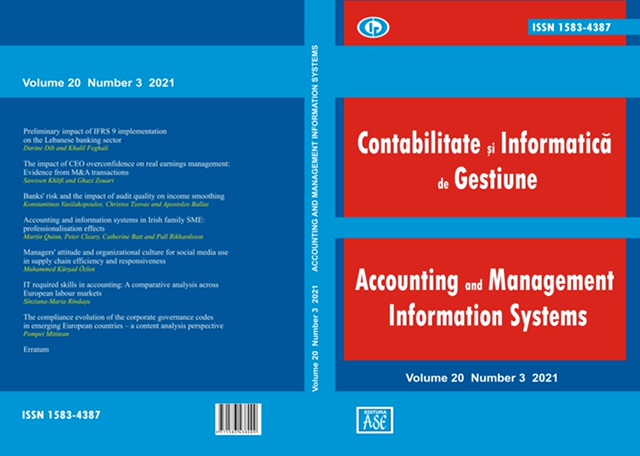
Keywords: small and medium enterprises; social media use; operational responsiveness; operational efficiency; survey;
Research Question: The research model proposes that (a) Managers' Attitude and Organizational Culture are fundamental in using Social Media for supply chain activities, and (b) Social Media Use increases Responsiveness and Operational Efficiency.Motivation: IT professionals are continuously improving advanced software programs for business activities to leverage their activities and benefits. Beside that there are Social Media platforms which provide online presence to the company and enhance communication of people. Literature has studies regarding the use of Social Media for supply chain activities which mainly focus on enhancing marketing and customer relationships and the integration of supply chains. However, there is scarcity of research from organizational and employee perspectives. Idea: This study aims to see the influence of Managers’ attitude and Organizational culture for Social Media usage of supply chain professionals in their supply chain activities.Data: In order to test the relationships, a survey is conducted among 200 employees/professionals employed across 44 BiH SMEs which are parts of existing supply chains from various sectors.Tools: Descriptive statistics, confirmatory factor analysis-CFA and regression analysis are employed by using SPSS (version 20) software program. Findings: BiH companies have high operational efficiency and positive considerations about all model components. The results also show that the model works well in all dimensions.Contribution: This research serves as a good basis/template for similar future studies especially in BiH environment. Besides that, since there is few research from organizational and employee perspectives, this study purposes to see the impact of Managers’ attitude and Organizational Culture for Social Media usage of supply chain professionals in their supply chain activities.
More...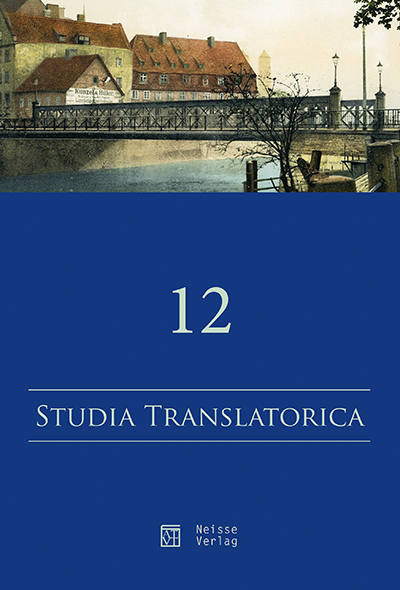
Keywords: humor; mind; translation; developmental psychology; children’s literature
In my article, based on the research carried out by Jean Piaget and Paul McGhee (and others), I would like to focus on how children understand humor at different stages of their psychological development. Such knowledge on developmental psychology can turn out indispensable while translating humor in the literature devoted to children. Younger children will appreciate linguistic humor based on phonological ambiguity as they like playing with sounds. Early school children will recognize ambiguous word meanings and therefore will be able to enjoy semantic dimensions of the humorous texts. The theoretical part of the article will be supported by some examples of translations of wordplays from English into Polish and Portuguese in European and Brazilian versions taken from “Alice in Wonderland” by Lewis Carroll.
More...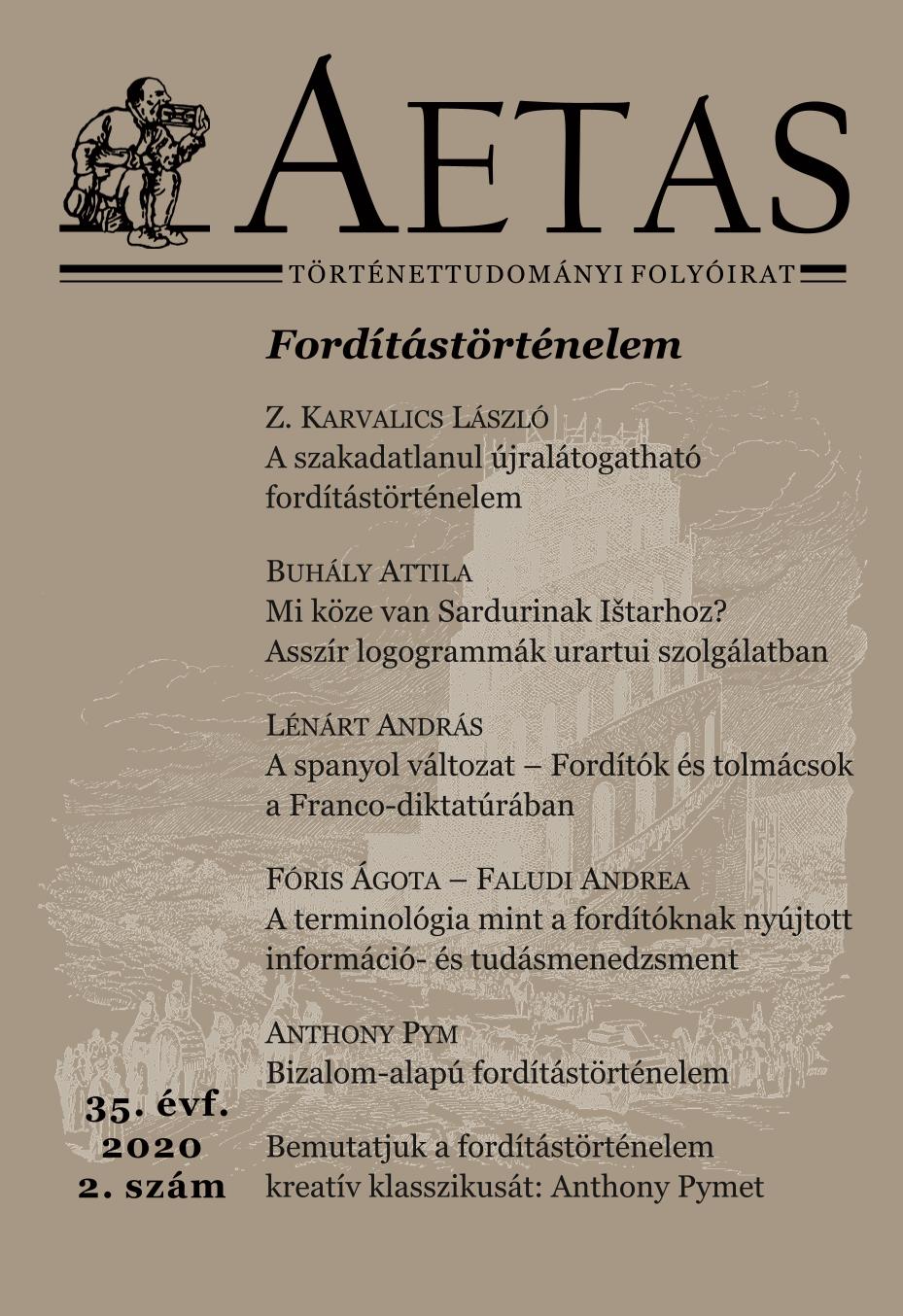
The aim of this study is to present terminology as an information and knowledge management for translators from historical aspects. Several areas can be classified as subsets of information history, e.g. library science, translation, and the fields of terminology, standardization and technical documentation. Terminologists can be regarded as information specialists who provide translators with a special information service: collection, classification, and rendering terms into databases. An important step of international unification processes is standardization, in which terminology is attributed a prominent role. The “father” of terminological standardization was the Austrian engineer Eugen Wüster, whose doctoral dissertation, published in 1931, initiated the process of terminological standardization. From historical point of view, the emergence of terminology as information and knowledge management for translators can be linked to the works of Eugen Wüster. In Hungary, terminological work for translation primarily takes place in translation bureaus, so the information and knowledge management works for translators is provided by these agencies. The most important information management tools to support translation activity are the terminology databases. Such databases were launched as early as the second half of the 20th century, however, public online terminology databases only became available from the mid-1990s, and even more so from the 2000s.
More...Keywords: spite; reciprocity; fairness; spiteful behaviour; ultimatum offer
The subject of this paper is spite and spiteful behaviour from the point of view of behavioural economics. We conducted an experimental study using a ’mini-ultimatum game‘ with complete information about payoffs and unfavourable outside option. The sample consists of 748 undergraduate students from the Faculty of Law of the University of Niš and the Faculty of Law of the University of Belgrade. In a between-subjects design, 604 different participants are tested in the control and treatment group. In the within-subjects experiment, 144 subjects served as their own control group. The main finding is that there is a statistically significant relationship between the outside option and the respondents’ choice, with roughly one-third of respondents exhibiting spiteful behaviour. Also, we found a statistically significant difference between Belgrade and Niš concerning the insistence on fair treatment, but no difference when examining the share of spiteful respondents - no regional effects on spiteful behaviour. We did not find a difference between gender concerning fair treatment, but females in Niš exhibited weakly significant level of spiteful behaviour. The study opens the door to further research with an emphasis on other subjects aimed at covering different age groups and capturing additional characteristics of the spiteful behaviour.
More...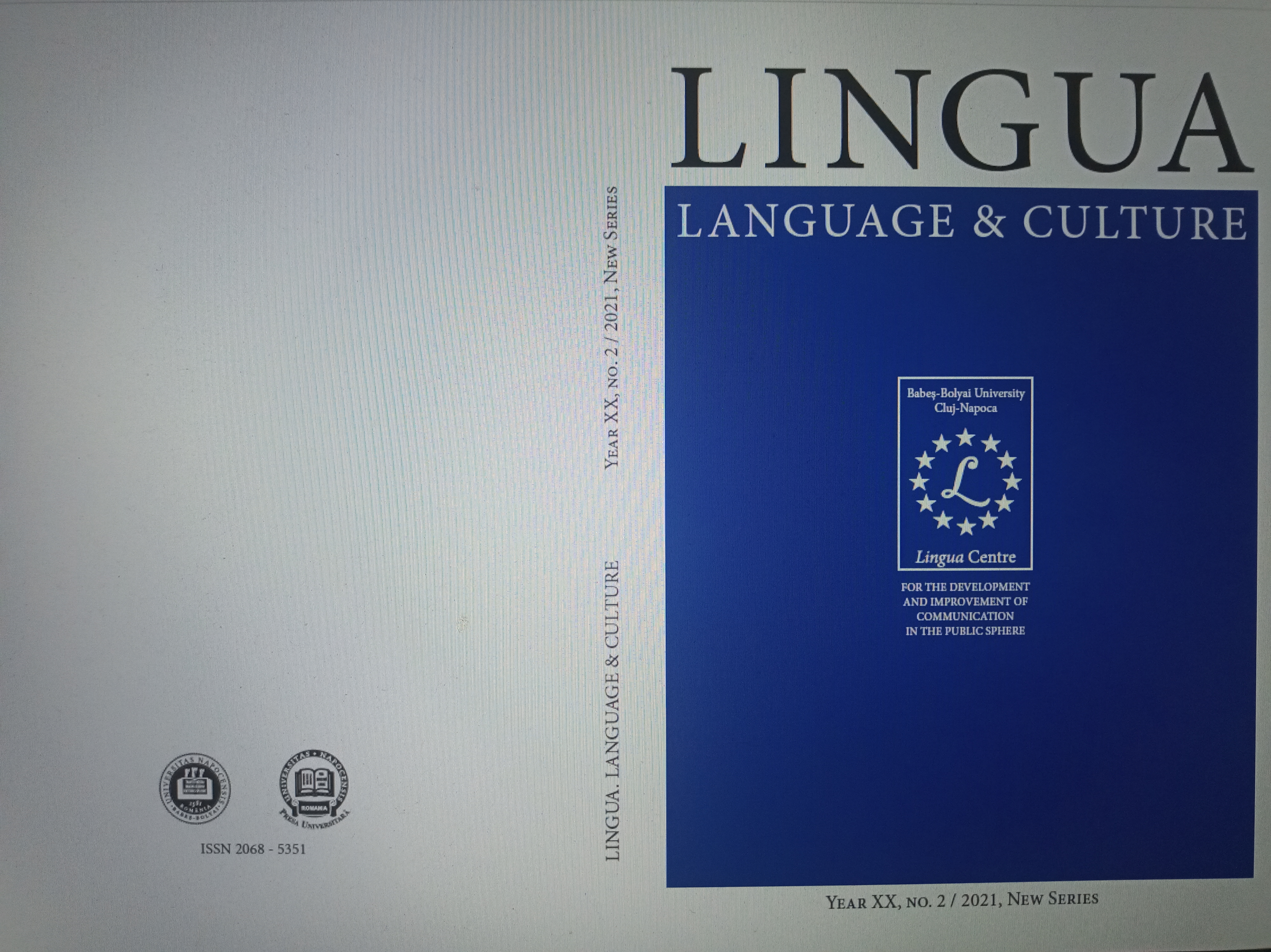
Keywords: Transcreation; Identity; Communication; Advertisement; Marketing purposes;
Purpose: This study aims to investigate the transcreated advertisement, in order to highlight the use of identity features in its conception. Furthermore, it studies their effect, to provide a baseline understanding on how to translate for the target audience, where identity is the main element to be manifested in the communicative message of marketing purposes. Methodology: This research follows the qualitative approach to examine some advertisement figures in terms of their transcreation. The reason behind it is in demonstrating the variables in how and why both translation and creation were applied for conceiving exclusive advertisements. Findings: The results indicated that in transcreating advertisements, changes on the level of the source message were strongly related to the social and cultural references that built and identified the target expression system. Moreover, the results demonstrated the mechanism of the target expression and how far identity can have an impact on the target audience by using specific codes in the conception of the advertisements. Practical implications: The research provided some guidelines about the applicable procedures that the transcreator should be aware of to better address the target audience. Originality/ value: This investigation is in line with some prior research that discusses the topic of transcreating an LSP (Language for Specific Purposes). It is also to shed light on and enrich the literature about the rendition for exclusive advertisements in contemporary societies, and to expand the focus on theories and approaches of free and creative translations.
More...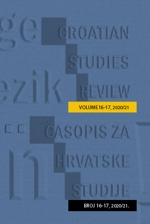
Keywords: Croatian-English translation; translation studies; translation pedagogy; translation training; translation resources;
In the Croatian translation market, English has for some time been the number one language, and there is a vast number of texts from all sorts of genres that are translated into Croatian. Conversely, the volume of translation from Croatian into English is small but steadily growing. This direction of translation presents challenges to many if not most Croatian-English translators who are L1 (or A-language) speakers of Croatian and who often encounter difficulties when translating into their L2 (or B-language). This paper contextualises this practice by presenting data on the volume of books translated in this language direction, and on the profiles of those who work from Croatian into English. Our main focus is on how to train translators to work in this language direction and in particular, which resources are available to trainee and practising translators to acquire or augment skills. An overview is given of the various translation-related resources that have been published over the last 40 years and of the particular functions that they sought to fulfil. Over the last 10–15 years, handbooks for specific language combinations have become a commonplace resource that provide a grounded and step-by-step approach to key concepts and terms, followed by original texts and model translations that are accompanied by annotations. In line with this contemporary trend in pedagogical resources, we present and discuss a handbook published in 2019, entitled Translating from Croatian into English: a handbook with annotated Translations that was edited by the authors. We describe how the handbook addresses both trainees as well as practitioners in a practical way by outlining a functionalist approach to translation. In the handbook, principles of text analysis are presented in a clear and direct way and show how a translator may be guided to achieve a functionally appropriate translation into English. The contribution of the handbook to translator training and the translation market in Croatia (and beyond) is discussed with the prediction that the growing volume of Croatian-English translation will likely require the production of further resources specific to this language combination.
More...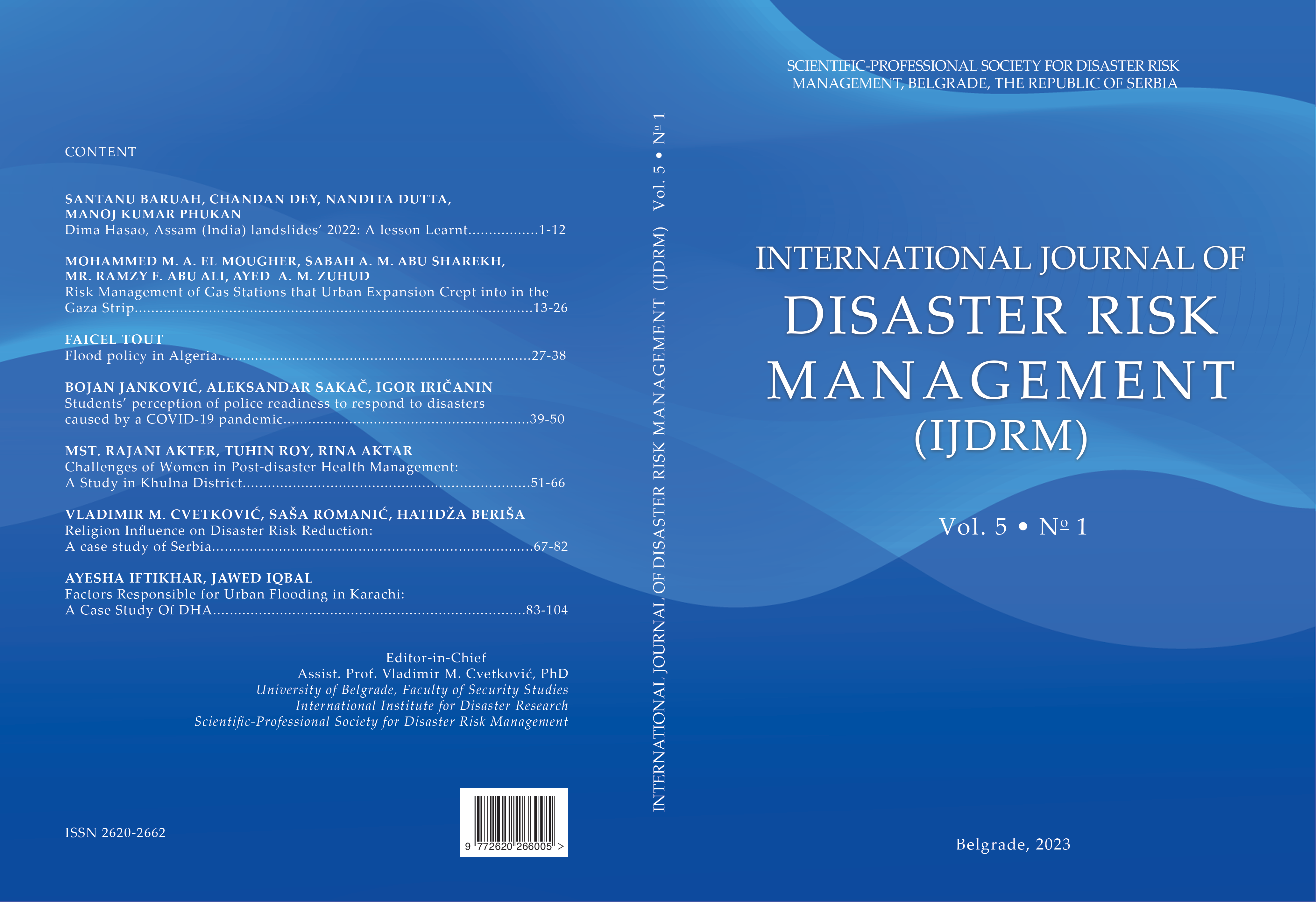
Keywords: students; perception; police; disaster; pandemic; COVID-19
The COVID-19 pandemic has pointed out the need to examine the role of the police in emergencies caused by various infectious diseases as much as possible. The aim of the study is to determine the perception of students of the University of Criminal Investigation and Police Studies, who are studying to become police officers, about the actions of the police in confronting the COVID-19 pandemic, i.e. the readiness of police officers to respond in the current as well as in the future pandemics. The research used a modified survey questionnaire from the previous research. The survey was anonymous. All respondents voluntarily agreed to participate in the research conducted from May to June 2022. The research data were collected from 105 students of the University of Criminal Investigation and Police Studies. According to the respondents, the police officers did well in the new circumstances given the lack of protective equipment and insufficient training for such situations. It was assessed that the police are one of the key entities in opposing the COVID-19 pandemic. Research findings can help police organizations plan their work during infectious disease pandemics. Above all, in the planning of the procurement of protective equipment, in education of future police officers by introducing new topics in training related to the work of the police in infectious disease pandemics, such as improving communication with citizens, and its implementation in online format. The findings of the study can be an incentive to other researchers as a basis for further research in the field of police work in emergencies because there are few of them in the scientific literature, and those related to police work in a pandemic are almost non-existent.
More...